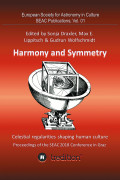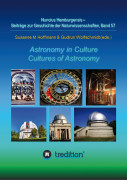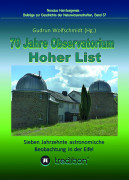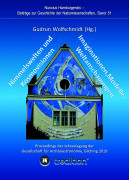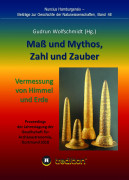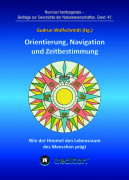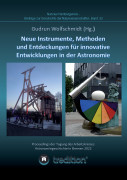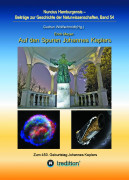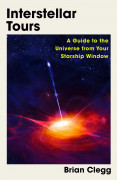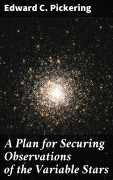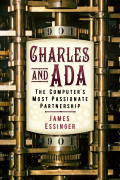Gudrun Wolfschmidt: Applied and Computational Historical Astronomy. Angewandte und computergestützte historische Astronomie.
Proceedings of the Splinter Meeting in the Astronomische Gesellschaft, Sept. 25, 2020. Nuncius Hamburgensis - Beiträge zur Geschichte der Naturwissenschaften; Vol. 55
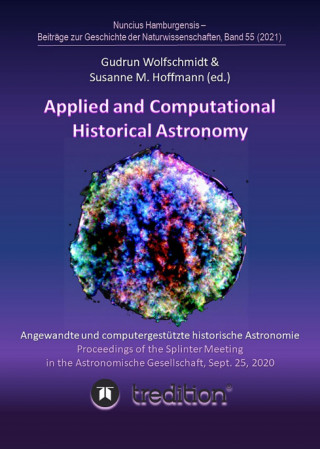
| Produkttyp: | eBook-Download |
|---|---|
| Verlag: | tredition |
| Erschienen: | |
| Sprache: | Englisch |
| Seiten: | 344 (Druckfassung) |
| Format: | EPUB
Info▼
|
| Download: | 43,5 MB |
'Computational History' derives history from data and nowadays, therefore, relies on the technologies of the digital humanities. 'Computational History of Science' addresses questions of history by evaluating historical data, e.g. for tracing back copying traditions and conclude on transfer and transformation of data and knowledge. The term 'Applied Historical Astronomy', in contrast, tries to address questions of contemporary science by evaluating historical data in comparison with most recent data. This opens new possibilities, e.g. in the search for stellar transients among historical data.
In the contribution by Hoffmann & Vogt we will focus on the stellar transients among all the topics mentioned above. Philipp Protte discusses the accuracy of magnitudes and positions in ancient star catalogues, Andreas Schrimpf & Frank Verbunt present an analysis of an early modern star catalogue. Victor Reijs analyses the visibility of celestial objects for naked-eye observers, and Björn Kunzmann showcases some important variable stars in the history of astronomy. Rene Hudec presents astronomical photographic archives as a valuable data source for modern astrophysics. José M. Vaquero discusses the studies on solar observations made during the last four centuries. More technical are the contributions of Georg Zotti on Stellarium and Karsten Markus-Schnabel on data-mining and data-processing technologies. Ido Yavetz & Luca Beisel are developing a digital tool of computational history of science for the simulation of pre-modern astronomical models. Gerd Graßhoff focuses more on the application of computational history with regard to Kepler's Astronomia Nova while Tim Karberg presents an analysis of the astronomical orientation of buildings in the North Sudan.
